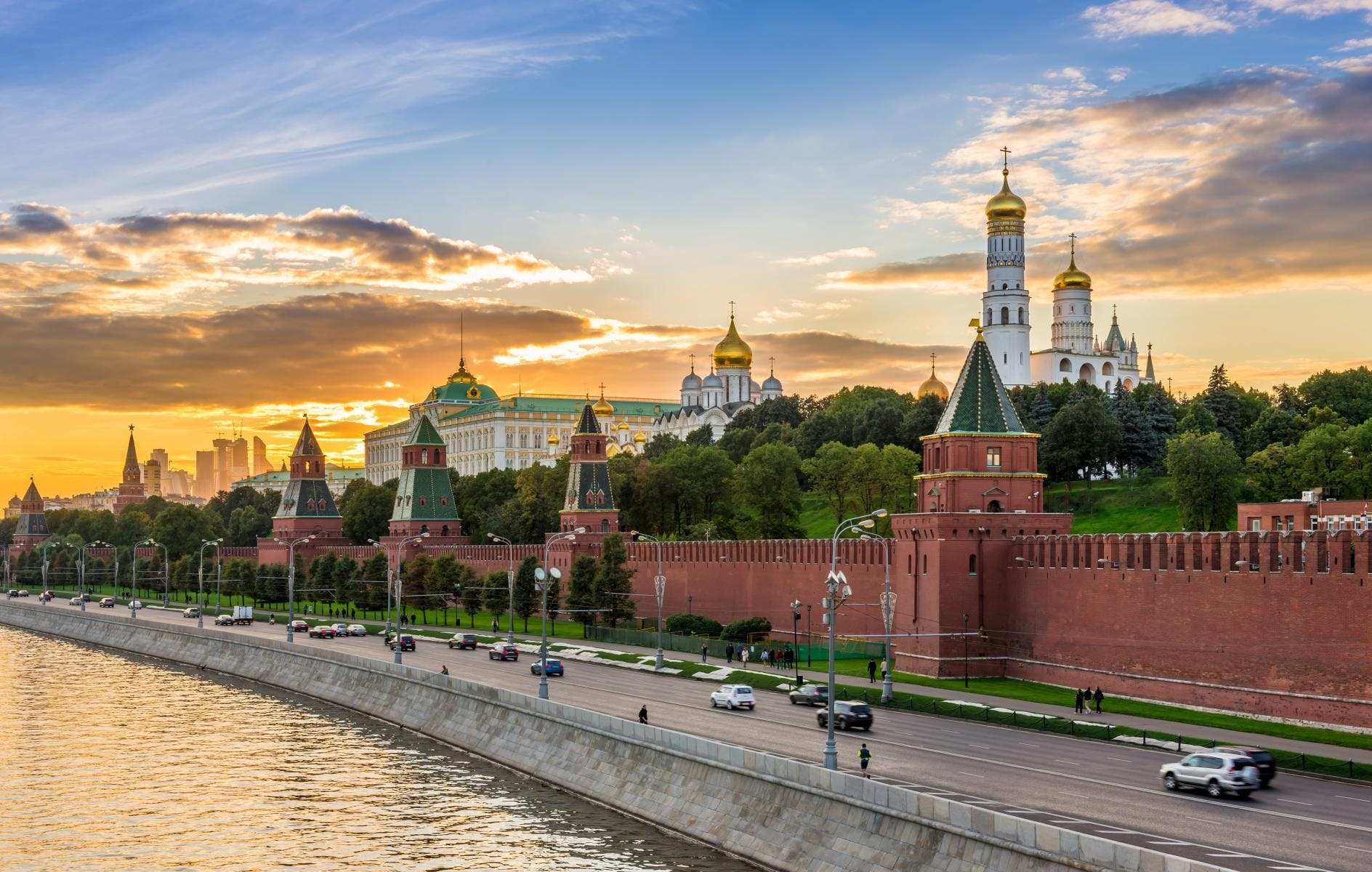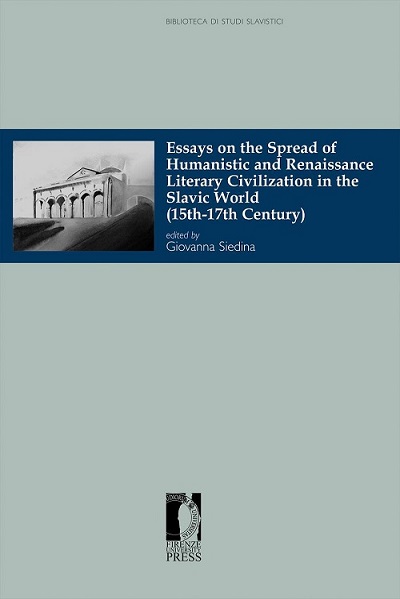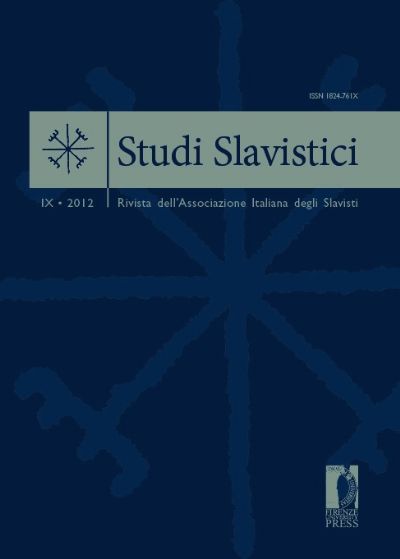The Soviet Spy Thriller
It is commonly held among scholars that in the Stalin years no specific mass literature existed in the Soviet Union; what do we do, then, with Lev Ovalov’s Major Pronin or with Lev Sheinin’s stories, which began to appear since the mid-Thirties? What about Nikolai Shpanov’s post-war million-sellers? The Soviet authorities did not like to admit that they published low-quality literature aimed at the uncultured masses; they valued, however, its propa- ganda potential, hence this contradictory situation. Spy narratives, moreover, connected as they are with conspiracy theories, were of course welcomed in the atmosphere of the great purges. These works are no continuation of the “Red Pinkerton” tradition of the Twenties: the genre had to be invented anew along different lines, with a new seriousness and documentary pretensions. The building of a new kind of spy-thriller also required a new enemy: “espi- onage creates identity,” a scholar of the (western) genre wrote. Identities, in the post-revolutionary Soviet Union, were under construction as well, and in the history of the spy-thriller from the late Thirties to the early Fifties a shifting from the obsession with class to that with nationality can be easily observed. The same identity discourse accomplished a 180° turn in the post-Stalin years, when the Soviet agent underground in the enemy camp became a metaphor for the Soviet Man’s double life. Conspiracy theories, at the same time, were at the core of the thrillers from the Stalinist camp, a tradition continued in the post-Soviet years in the work of Aleksandr Prokhanov.


